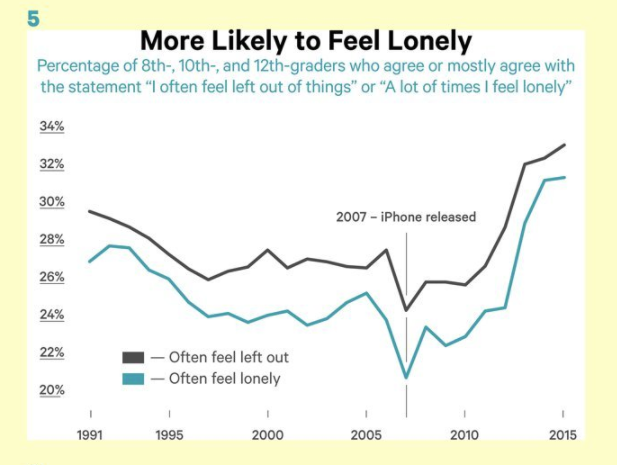"The Attention Economy is the Addiction Economy: A Call for Emerging Tech for Good"
Hi, I’m Cris Beasley. I host a podcast about emerging tech, founded AI startup and ran product management at Mozilla for federated authentication. I’ve worked with data scientists, cryptographers, privacy and security engineers for fifteen years to build technology that’s more humane.
We are not brains in a jar. With beeps and vibrations constantly notifying of us on what we’re missing out on, we’ve become the most anxious and medicated cohort in modern history. Recent scientific breakthroughs are putting technology even closer to the skin, adding the potential to make it far more addictive. The time is now to understand how to create technology which enhances our humanity instead of enslaving us to it.
Tristan Harris, former product ethicist and design philosopher at Google, explains how Facebook, YouTube, Snapchat and Instagram intentionally hijack our minds and manipulate us to maximize the amount of time we spend on their app. We all feel the death by a thousand cuts of push notifications, emails and infinitely scrolling feeds, but what we seem to forget is how deep the contrast is between today and the world before smartphones.
It is not an exaggeration to say the attention economy is killing our children, or rather more accurately — that our children are killing themselves. Since 2009, the rate of teen girls committing suicide has doubled. This increase is causally linked to the number of hours spent looking at screens, especially social media.

I’m not writing this to bum you out. I am here to take action on the potential abuses of the next wave of technology. Consumer hardware has already shipped for VR, AR, and biosensors that measure markers of the stress, activity, health and emotional state of a human....MORE
Code for Science
This time around we must bring more minds and perspectives to the table in deciding what our technology to bring into the world. We have foundational research to do to even find out what enhances well-being and which ones do harm. We don’t even know this yet.
To that end, I’m exploring a project tentatively named Hack Reality to connect volunteer software developers with neuroscientists, game designers, psychologists for the shared purpose of building emerging tech which isn’t addictive.
When we find a good practice, we also patent it and put it into the commons for academic and non-profit uses. Licensing the patent to large companies could be a sustainable long-term revenue stream to grow the effort. When we find a particularly dangerous practice, we defensively patent it to keep it out of hands which would do harm....
"If you think your smartphone is addictive, you ain’t seen nothing yet."